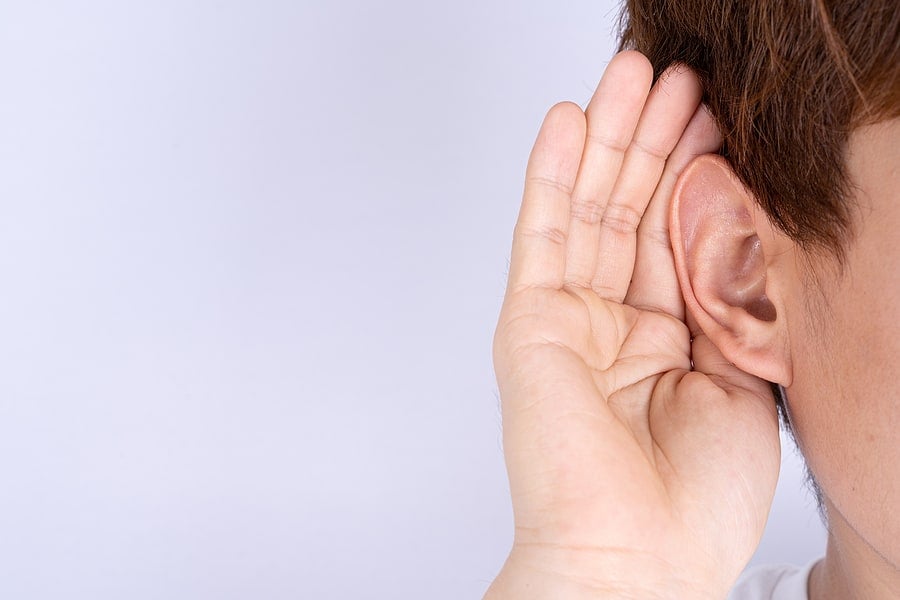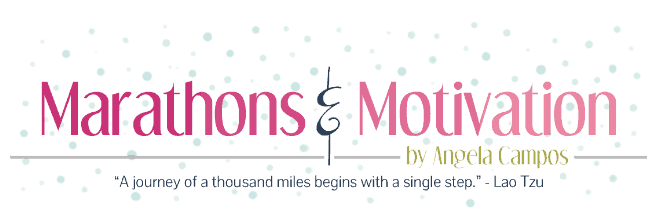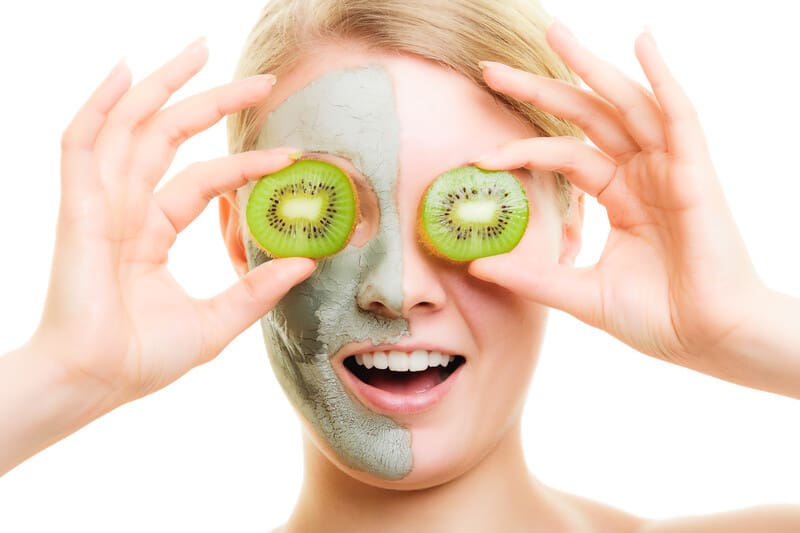Four Tips to Protect Your Hearing
When people think of being proactive with their health, typically the first things that come to mind are exercise, weight and a healthy diet. So, things like dental health, vision and hearing may be overlooked until there is a problem. However, there are a number of ways to be proactive and prevent issues, especially with ear health. Check out these four tips to protect your hearing here.

Tips to Protect Hearing
EAR CARE
Like any other part of your body it's important to look after your ears and ensure they stay healthy. Similar with your dental care and eye care, regular check ups are recommended. A basic rule of thumb for ear care is never put anything into your ear canal. If you need to clean your ears, use ear drops instead. Q-tips should only be used to clean the outer ear, not the inner ear canal.
AVOID NOISE POLLUTION
Living in a city or near a busy road means you're likely exposed to high levels of noise pollution daily. Traffic, construction, and the general hustle and bustle of urban life create a constant soundscape that, while not immediately painful, can be harmful over time. Many people assume that if the noise isn't loud enough to cause immediate discomfort, it's not damaging. However, the impact of noise pollution on hearing health is significant.
Noise levels above 85 decibels (dB) can cause hearing loss if exposure is prolonged, and in a busy urban environment, it's not uncommon to encounter levels in this range. Protecting yourself can be as simple as wearing earplugs when walking through noisy areas or ensuring that your living space has proper sound insulation.
Would you like to save this?
USE EAR PROTECTION
The average upper limit decibel level for most people, before ear damage may occur is 85 decibels. This is the equivalent of heavy traffic or a noisy restaurant. If you can imagine that you can imagine how easy it is to expose yourself to damaging levels at rock concerts and fireworks displays.
The best way to protect against hearing loss at events like these is to use ear protection. This can be in the form of ear defenders or earplugs. In some instances this may detract from the experience - at a rock concert for instance - but it's a small price to pay for hearing that isn't damaged by the end and doesn't require premature hearing devices.
LIMIT LOUD MUSIC
While it may be tempting to blare your favorite music loudly, it may cause long term damage to your hearing. The good news is you don't have to abandon this experience completely, but you need to know the dangers and moderate your sounds levels.
Listening to any music at a high volume - that is past the 60% volume mark - has the potential to cause some damage to your hearing. It is also important to consider the dangers of listening to music at high volumes through an ear buds or headphones. Do not allow the volume to go above 60% and take regular breaks to protect your long term hearing.
GET YOUR HEARING TESTED
Discuss how frequently you should have your hearing tested with your physician. This can be done by an audiologist. Also, know the warning signs of hearing loss. Some of these include: difficulty hearing in a restaurant, people sound like they are mumbling and difficulty having conversations. The sooner hearing loss is diagnosed, the easier it is to prevent further damage.
If the results of your hearing test come back as needing further treatment, then it's worth considering hearing aids. Getting hearing aids tailored to your audible needs is going to help save your ears from further harm. If you don't get hearing aids when you need them, then the likely result to happen is that there's further damage done to the ear canal and drum.




